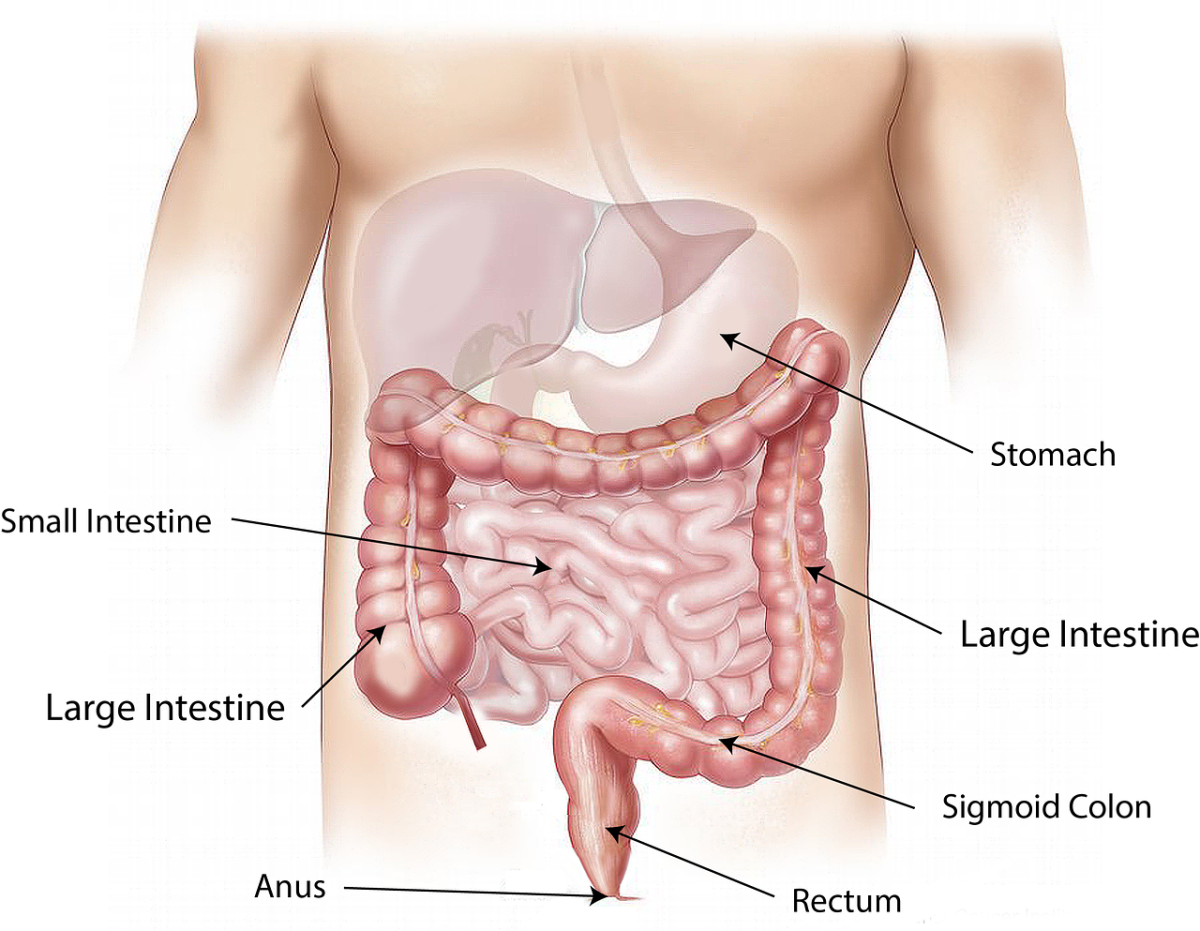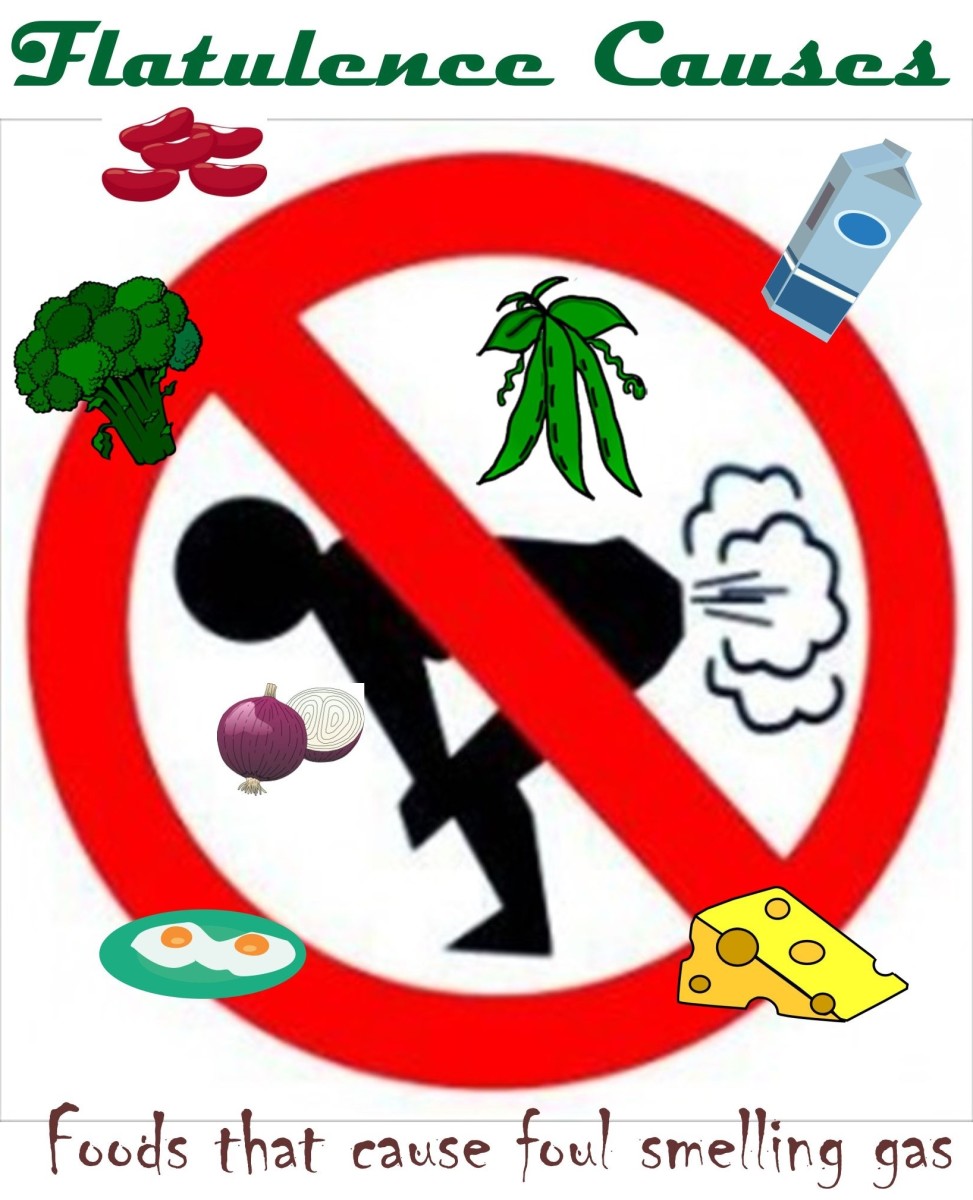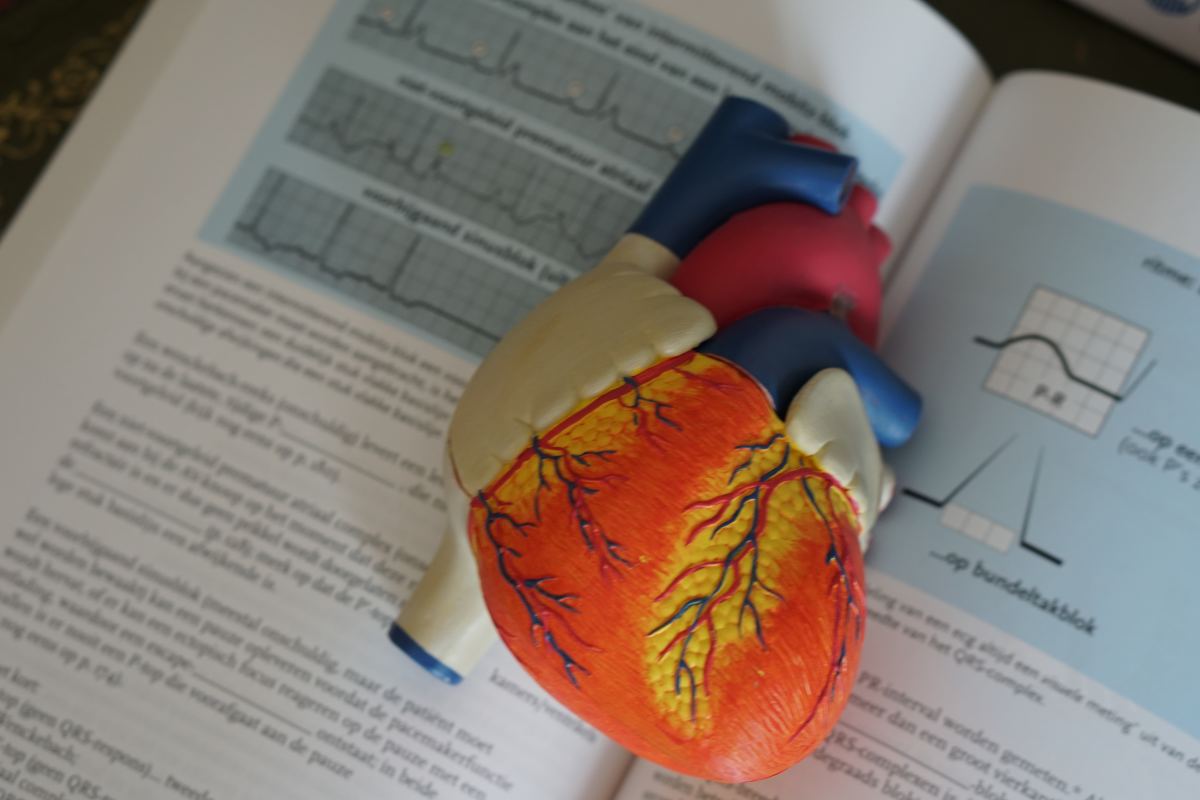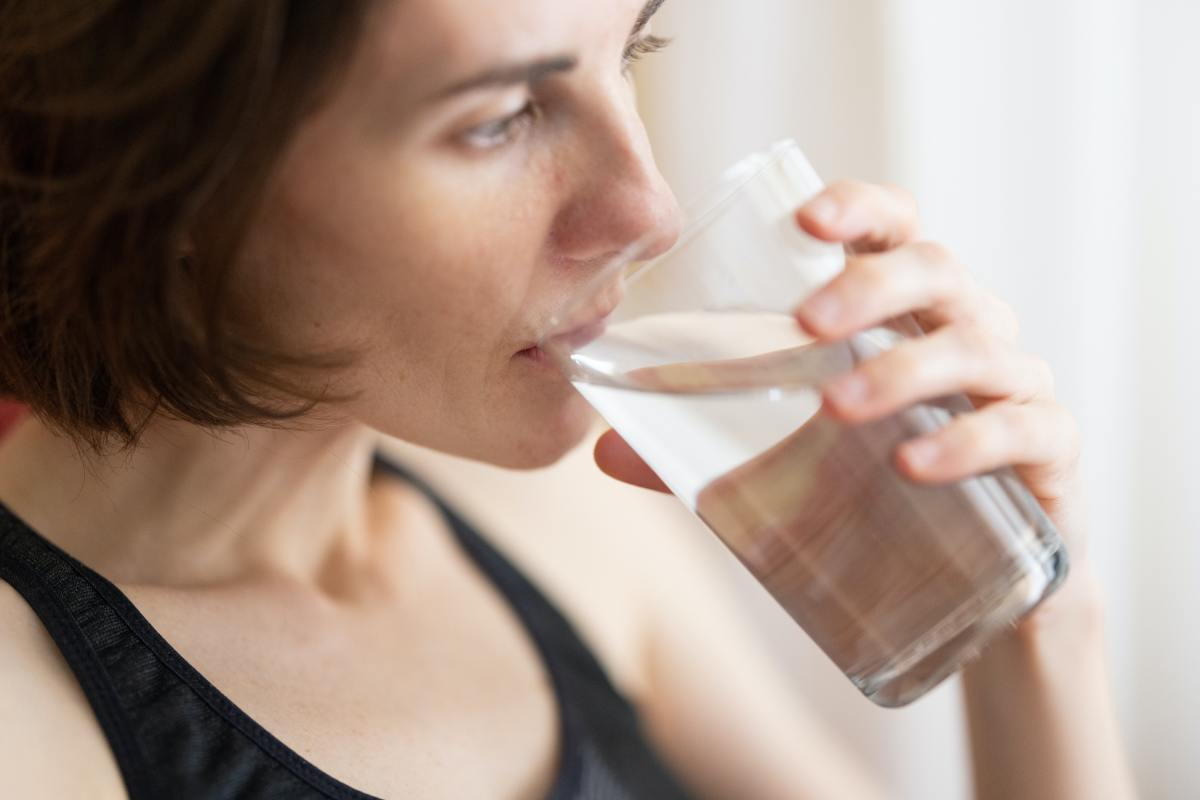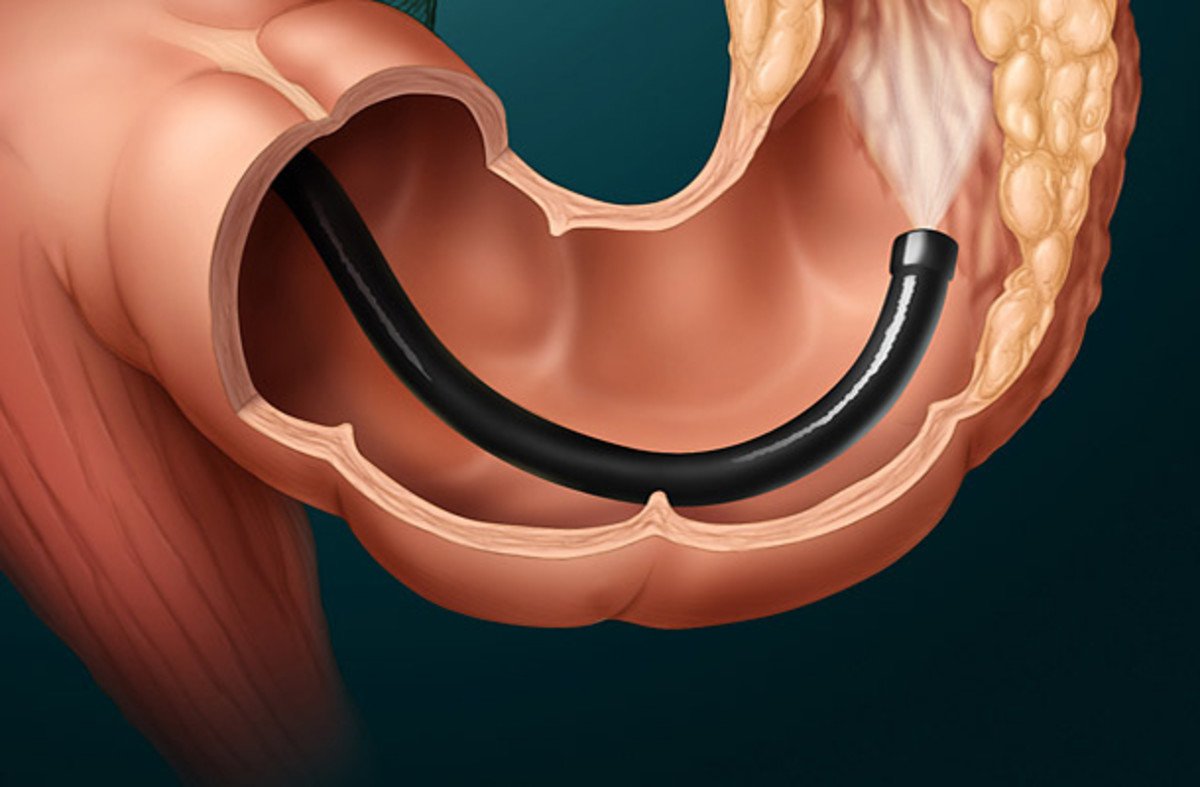How to Reduce Bloating and Gas Naturally
Is this what it feels like when you're bloated?

Before going into how to reduce bloating and gas naturally, let's find out what bloating is and its causes...
The Causes of Bloating and Gas
A third of all Americans suffer from bloating, so it isn't an insignificant problem.
Bloating isn't really a health condition at all, but rather a symptom of something else...
It is caused by a build-up of gas in your gut. There are a number of reasons why this may happen...
- increased gas production from bacteria, fungi and yeasts in your colon
- food types, e.g. eating way too much fruit which ferments and produces gas
- fibre deficient diet, so that stools stay longer in your colon and ferment
- stress, which can affect food digestion
- constipation
- overeating
- Irritable Bowel Syndrome (IBS)
- food allergies
- food intolerance
- being overweight
- acid reflux
- swallowing too much air
Note: if your bloating lasts for more than a fortnight, you need to consult with your doctor, especially if you also have pain in the abdomen. It could be that these symptoms point to a more serious problem.
How to Reduce Bloating and Gas Naturally
The best way to relieve bloating and gas naturally is usually through a change in your diet...
This means avoiding certain foods that are known to cause gas, that feed bacteria in the gut, that may cause constipation, and that are difficult for the body's digestive system to break down, etc.
But it also means eating more of those foods that help your digestive system, are high in soluble fibre, and keep your gut in a healthy state.
1. Foods You Should Avoid
- Beans
- Onions
- Cabbage
- Broccoli
- Cauliflower
- Brussels sprouts
- Dried fruit
- Prunes
- Bread
- Pasta
- Eggs
- Bananas
- Apples
- Peaches
- Pears
- White rice
- Potatoes
- Fatty, spicy or fried foods.
- Cheeses that contains mould, e.g. blue cheese.
- Hard cheeses.
- Refined sugars which feed bad bacteria, yeast and fungi.
- Diet foods containing Sorbitol.
- Fizzy drinks which increase gas.
2. Foods You Can Eat
- Foods high in magnesium for a healthy gut, e.g. dark green leafy vegetables, nuts, seeds.
- Fresh pineapple for their enzymes that help digestion.
- Lots of soluble fibre, e.g., vegetables & fruit (but see above exceptions), brown rice, oats, etc., to aid bowel movement.
- Drink lots of water to help the passage of stools.
- Peppermint tea to aid digestion.
- High quality probiotics to improve digestive health.
3. But There's Even More You Can Do to Reduce Your Bloating
- Keep a regular food diary to help pinpoint those foods that cause your bloating.
- Eat slowly to minimize your air intake.
- Chew your food well to aid digestion.
- Don't lie down after meals as this can slow down the digestive process.
- Don't talk and eat at the same time to minimize air taken in.
- Eat small meals more often rather than large meals less often.
- Go for a walk after a large meal to help digestion.
- Exercise daily to reduce gas retention.
- Consume drinks at room temperature as cold drinks slow digestion.
- Don't chew gum as this increases the air you swallow.
- Don't smoke as smoking increases air intake too.
Probiotics and Bloating

Bloating References
- http://www.brighamandwomens.org/Patients_Visitors/pcs/nutrition/services/healtheweightforwomen/special_topics/intelihealth0504.aspx
- http://www.webmd.com/heartburn-gerd/tc/gas-bloating-and-burping-topic-overview
- http://www.mayoclinic.com/health/gas-and-gas-pains/DG00014
- http://www.nhs.uk/Livewell/digestive-health/Pages/beat-the-bloat.aspx
Disclaimer
The content of this Hub is for informational purposes only. It is not meant to be a substitute for proper medical diagnosis, treatment or advice, and you should not assume that it is. Always consult your health-care provider / physician / doctor before taking any medications, natural remedies, supplements, or making any major changes to your diet.
© 2013 JCielo


